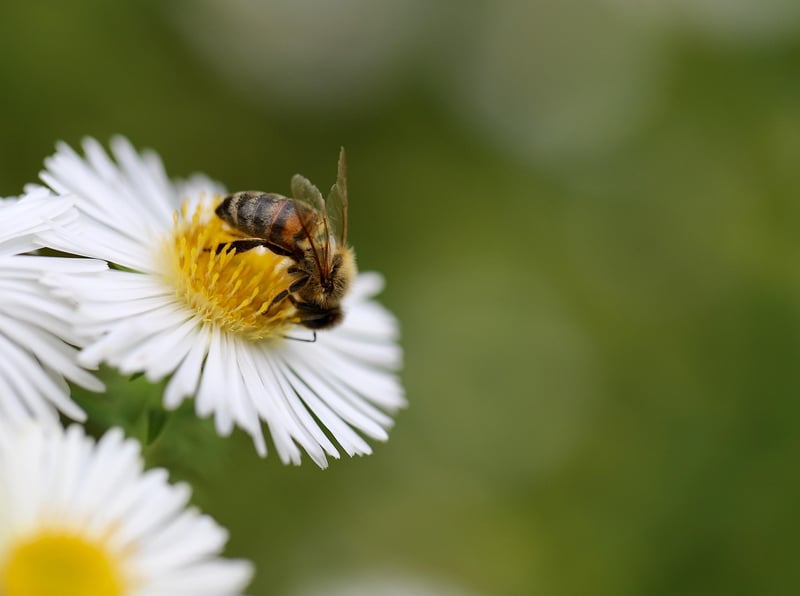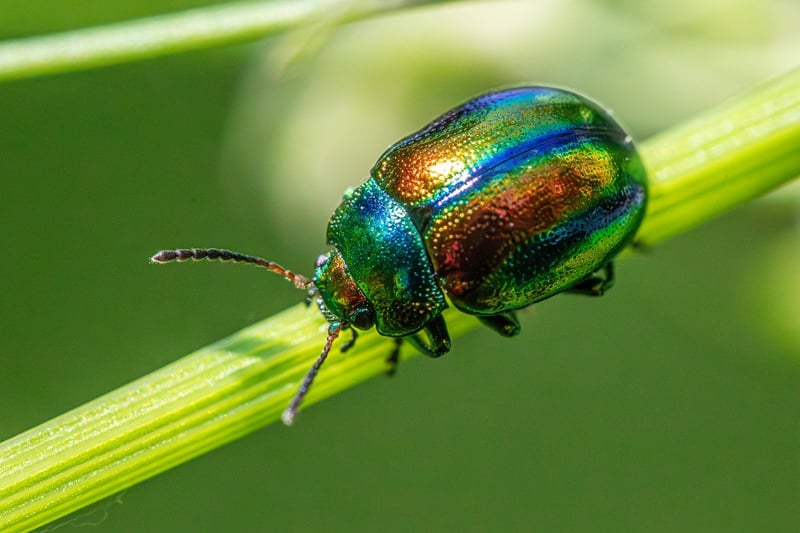Preventing common pests
Maintaining Plant Health and Preventing Common Pests
Welcome to our guide on how to keep your plants healthy and thriving by preventing common pests. Whether you’re a seasoned gardener or just starting out, these tips will help you maintain your plant's well-being and keep pesky invaders at bay.
1. Choose the Right Plants
Start by selecting plants that are well-suited to your climate and location. Healthy plants are naturally more resistant to pests and diseases, so choose varieties that thrive in your area.
2. Proper Watering
Overwatering can lead to root rot, weakening the plant's defenses against pests. Water your plants when the top inch of soil is dry, and ensure good drainage to prevent waterlogging.
3. Regular Inspections
Inspect your plants regularly for any signs of pests such as holes in leaves, sticky residue, or chewed stems. Early detection can help prevent infestations from spreading.
4. Natural Predators
Encourage beneficial insects like ladybugs, lacewings, and praying mantises in your garden. These natural predators feed on common plant pests, helping to keep their populations in check.
5. Neem Oil Spray
Use a neem oil spray as a natural insecticide to control pests like aphids, spider mites, and whiteflies. Neem oil disrupts the pests' life cycle without harming beneficial insects.
6. Companion Planting
Planting certain herbs and flowers alongside your vegetables can help repel pests. For example, marigolds deter nematodes, while basil repels mosquitoes and flies.
7. Pruning and Cleaning
Remove dead or damaged plant parts regularly to prevent the spread of diseases and discourage pests from taking up residence. Keep the garden clean and tidy to reduce hiding spots for insects.
8. Organic Mulch
Apply organic mulch around your plants to retain moisture, suppress weeds, and improve soil health. Mulch can also act as a barrier against crawling pests like slugs and snails.
Conclusion
By following these tips for maintaining plant health and preventing common pests, you can create a thriving garden that is resilient to invaders. Remember to observe your plants regularly, use natural remedies whenever possible, and create a balanced ecosystem that supports beneficial insects.
Happy gardening!



